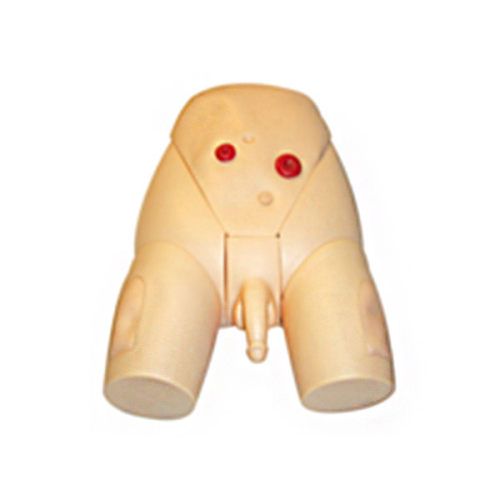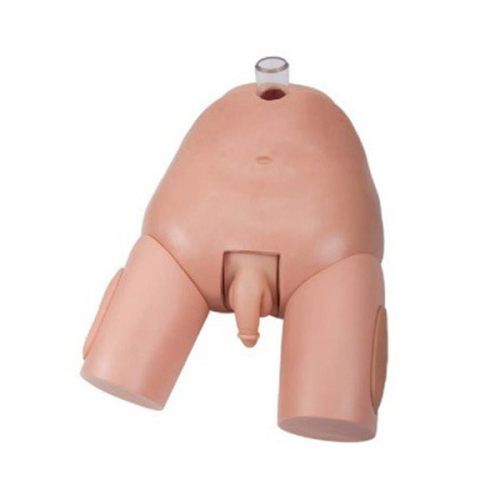As healthcare becomes ever-more complex, nurses must possess a wider array of clinical skills. One such basic competency for nurses is mastery of suturing wound closure; therefore, this article offers an in-depth guide of suture practice materials and courses specifically for nurses to develop this essential competence.
Why Pay Attention to Nurse Suturing Skills
Nurse suturing skills have become an increasingly essential component of healthcare delivery today. Nurses play a pivotal role in wound care services in emergency rooms, rural clinics and military settings where time-critical procedures require sutures to be placed immediately. Professionalism in suturing improves immediate patient care delivery while simultaneously relieving physicians of their duties so patients receive timely treatment.
Data shows that healthcare systems with cross-trained nurses experience shorter patient wait times and improved wound closure outcomes, as well as greater confidence among their nurses due to suturing skills boosting confidence levels and expanding roles on clinical teams, offering opportunities for specialization and career growth – for instance in surgical or trauma units advanced suturing techniques are often seen as key differentiators that allow nurses to move ahead more rapidly in their career advancement.
Nurses can increase clinical efficiency and take on more complex roles within healthcare environments by investing in suturing education and practice.

What a Good Suture Practice Kit Should Have?
A well-equipped suture practice kit is fundamental for nurses to develop the necessary dexterity and familiarity with suturing instruments and materials. The kit serves as the initial training ground, allowing for repetitive practice and skill refinement before encountering real-patient scenarios.
Key Features to Look for in a Suture Kit:
| Feature | Description | Importance |
| Multiple Layered Skin Pads | Synthetic skin with epidermis, dermis, and subcutaneous fat layers to simulate realistic tissue resistance and depth. | Crucial for understanding how sutures behave in different tissue densities and for practicing multi-layered closures. |
| Variety of Sutures | Includes both absorbable (e.g., Vicryl, Monocryl) and non-absorbable (e.g., Nylon, Silk, Polypropylene) sutures in various sizes (e.g., 2-0 to 5-0). | Essential for learning the characteristics and appropriate applications of different suture materials and sizes for various wound types and locations. |
| Quality Instruments | Stainless steel needle holder (e.g., Mayo-Hegar), forceps with teeth (e.g., Adson), and sharp surgical scissors. | Proper instruments provide better control and precision, mimicking the feel of professional tools and contributing to effective technique development. Poor-quality instruments can hinder learning. |
| Organized Case | A durable case to keep all components organized and protected, facilitating portability and preventing damage. | Promotes good practice in maintaining a clean and organized workspace, similar to clinical settings. |

Recommended Suture Kits for Nurses
Here are some top-rated suture kits based on user reviews and medical recommendations:
| Kit Name | Best For | Price Range | Features |
| Basic Skill Suture Kit | Beginners | $30-$50 | Durable pad, basic tools, 3-5 sutures |
| Advanced Surgical Kit | Intermediate to Advanced | $80-$120 | Multiple wound types, premium tools |
| Portable Field Kit | Nurses on-the-go | $50-$70 | Compact, versatile tools, durable |
| Comprehensive Training Set | All skill levels | $100-$150 | Multiple pads, advanced instruments |
A good kit provides nurses with the tools they need to practice frequently and simulate real-world conditions.

Learning with the Right Path: Suture Training Courses for Nurses
While suture practice kits offer a hands-on introduction, formal suturing courses are indispensable for acquiring the theoretical knowledge and supervised practical experience necessary for competent and safe wound closure. These courses provide structured learning, expert guidance, and opportunities for feedback that are difficult to replicate with self-practice alone.
Types of Courses Available:
| Course Type | Focus | Key Learning Objectives | Target Audience |
| Basic Suturing Workshops | Foundational principles of wound closure. | Wound assessment, local anesthesia (if applicable), sterile techniques, common suture materials, basic suturing techniques (simple interrupted, continuous), knot tying. | Nurses with little to no prior suturing experience. |
| Advanced Suturing Courses | More complex closure methods and wound management. | Running subcuticular sutures, figure-of-eight sutures, management of wound complications, potentially specific anatomical areas or wound types. | Nurses who have a solid foundation in basic suturing and wish to expand their skills. |
| Specialized Workshops | Tailored to specific clinical areas. | Techniques relevant to the specialization, such as cosmetic suturing in dermatology or rapid closure in emergency medicine. | Nurses working in or aspiring to work in specialized areas like dermatology, emergency medicine, or surgical specialties. |
| Online Modules | Supplementary learning resources. | Reinforcement of theoretical knowledge, visual demonstrations of techniques, anatomical reviews, step-by-step guides. | Nurses at all levels seeking to augment their hands-on training with visual and conceptual resources. Note: Not a substitute for in-person practical training. |
Criteria for Choosing a Course
When selecting a course, consider the following factors:
- Accreditation: Ensure the course is certified by a reputable nursing or medical organization.
- Content Depth: Does it cover basic and advanced techniques? Look for courses tailored to your skill level.
- Hands-On Practice: Practical experience is crucial for mastering suturing.
- Feedback and Support: Opt for courses that offer instructor feedback or mentorship.
- Cost and Accessibility: Balance affordability with the quality of content and materials provided.
Recommended Courses
| Course Name | Provider | Duration | Cost | Features |
| Basic Suturing for Nurses | American Nursing Academy | 4 weeks | $150 | Online videos, downloadable guides |
| Advanced Suturing Workshop | Local Medical Colleges | 2-day workshop | $300 | Hands-on, small group sessions |
| Comprehensive Suture Masterclass | Global Health Training | 8 weeks | $500 | Hybrid model, certification included |
Choosing the right course ensures nurses receive the training they need to perform confidently in clinical settings.

Career Benefits of Suturing Skills for Nurses
Mastery of suturing skills offers significant career benefits for nurses:
- Expanded Roles: Nurses who possess suturing capabilities may transition into advanced practice roles such as Nurse Practitioners (NPs) or Clinical Nurse Specialists (CNSs).
- Increased Employability: Healthcare facilities often prioritize hiring nurses with additional skills, particularly those living in rural or underserved regions.
- Leadership Opportunities: Experienced nurses often assume leadership positions by mentoring colleagues on procedural skills.
One nurse working in a rural clinic described how her suturing skills enabled her to independently manage minor wound closures, thus decreasing wait times for patients and increasing job satisfaction. Employers quickly recognized this talent, leading them to recognize its benefits with faster career advancement and added responsibilities for this professional.
Suturing skills offer nurses looking to expand their clinical expertise and elevate their contribution to patient care an invaluable opportunity. By carefully selecting high-quality suture practice materials and enrolling in thorough, hands-on training courses with experienced instructors, nurses can confidently build this essential competency – benefits beyond enhanced clinical abilities include increased professional opportunities and more comprehensive care delivery to patients. Embarking upon the journey of learning how to suture is an investment both personal and professional growth within this dynamic field of nursing.










